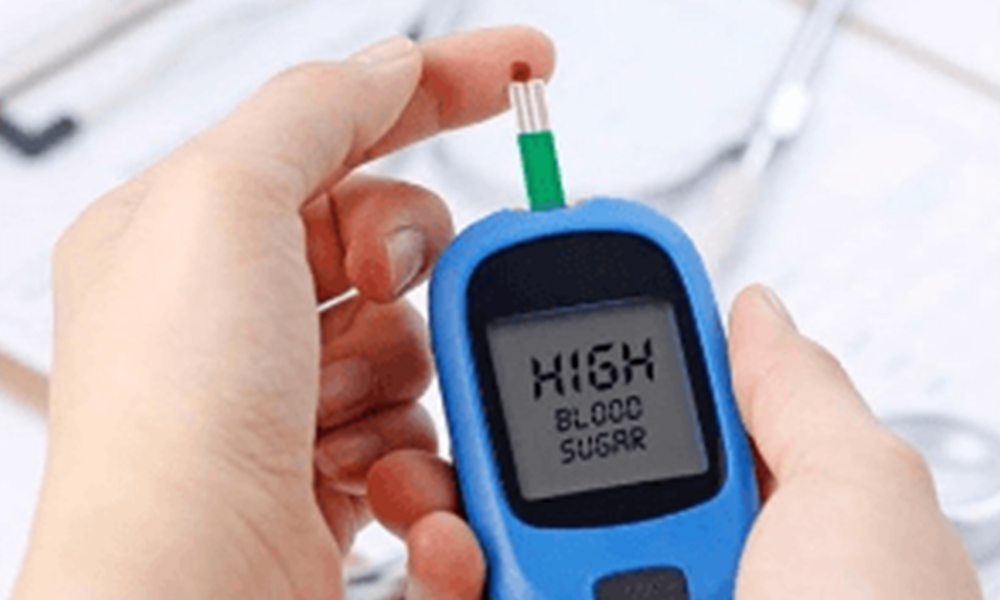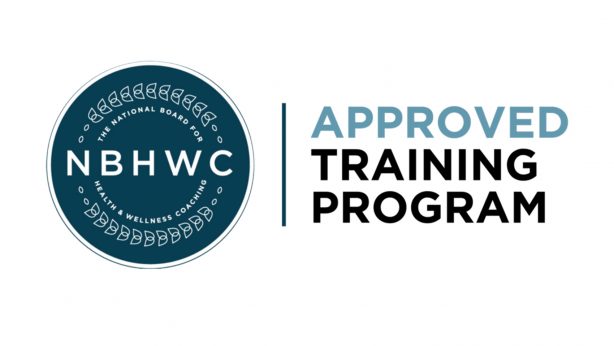
Hypertension is one of the most significant public health diseases and a common life style problem today in India. The American Heart Association predicts 9.9% increase in patients with Hypertension by 2030. In 90% patients the cause is idiopathic. Hypertension is likely to end up being an epidemic in the near future and about 1\3rd of population will suffer from hypertension.
Medication alone is not effective in the management of hypertension. Despite multiple medicines being available for the management of hypertension, control remains sub-optimal. Health coaching on life style modification in the management of hypertension is becoming very crucial. Study results showed health coaching is a promising approach for the management of Hypertension demonstrated by a reduction of both systolic and diastolic blood pressure. Health coach using holistic approach will navigate and try to identify what will work for the client, his or her body and needs. The Health and Wellness coach helps the client in sustaining new healthful habits.
Health and Wellness coaching will help the client in incorporating healthy eating plans which are useful and essential for managing high blood pressure. As they understand the principle of healthy eating, they are mindful about what goes into the mouth and that they need to be active in lifestyle and remove the underlying barriers that holds one back.
As stress negatively impacts the overall wellbeing and raises Blood pressure, clients learn about stress management that helps to reduce the pressure and calm the over active mind .Client can also take advantage of science based exercise program combined with interval cardio training to lower the blood pressure. Clients can learn new skills and technique of mindful meditation, yoga etc.
In Health coaching, they also learn to journal down everything that help them to be mindful and successful and helps them to stay on track.
Most importantly, keeping the body and mind stress free is important. Thinking positively about life, situation, work, past times and learning how to relax and enjoy each and every day is very crucial in managing and lowering high blood pressure. In Health and Wellness coaching the client is empowered, equipped with skills, resources to lead improved quality of life and efficiently manage blood pressure.


